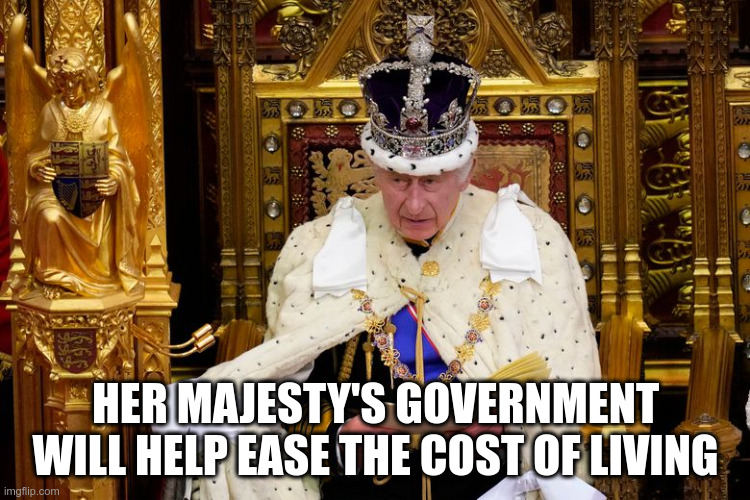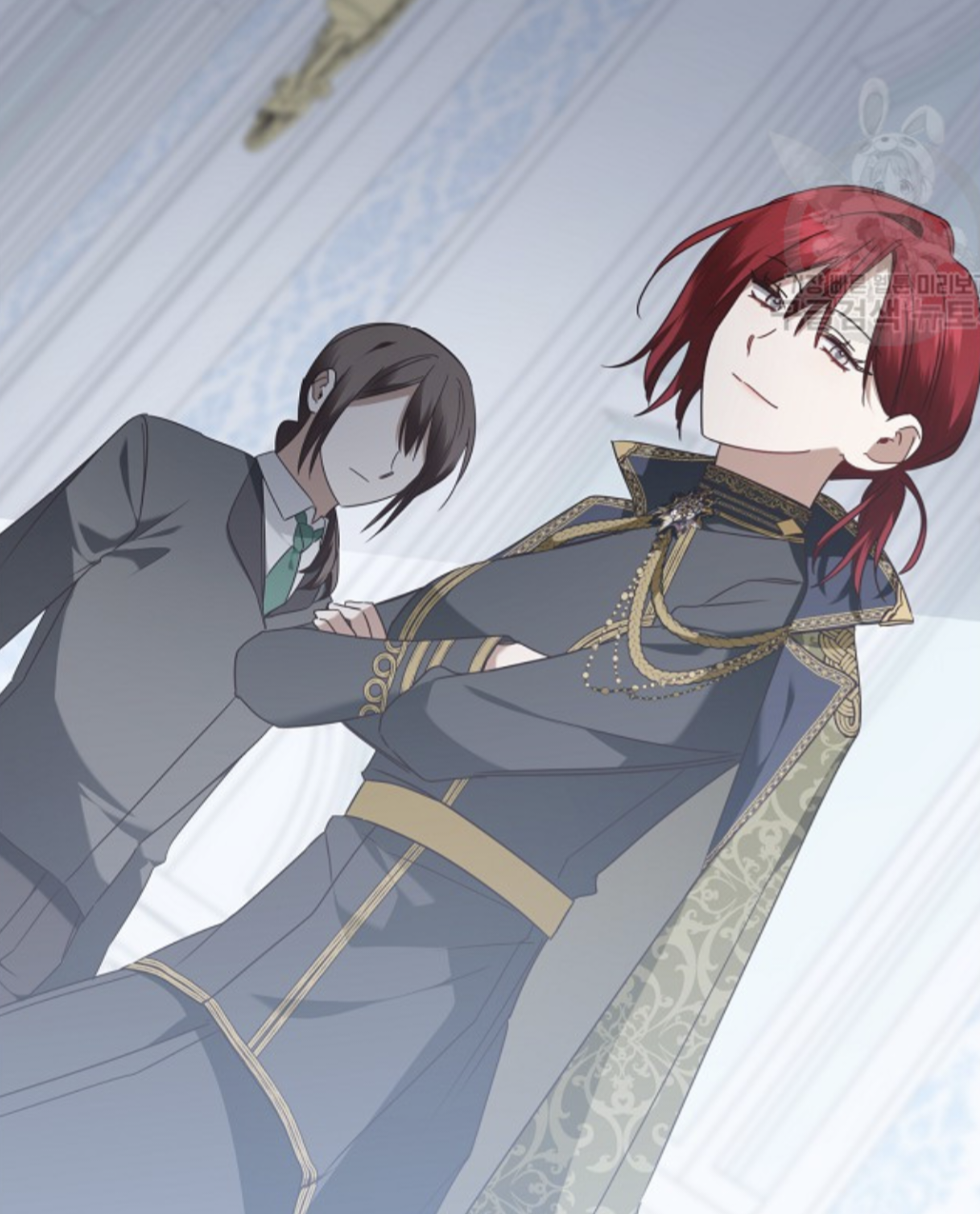Explanation: During the American Revolution, and in the lead-up to it, the American colonists’ position wherein American colonists were denied representation in the British government was often compared (by said colonists) to slavery.
The thing is, uh, many of them were literal slavers themselves, running, for that matter, one of the worst systems of slavery in human history at that. No mean feat, considering the already-low bar for slavery as a system.
Of the Founding Fathers as they’re generally recognized, four of the seven became abolitionists, either before or during the American Revolution (John Jay, Ben Franklin, Alexander Hamilton, John Adams). One turned against slavery as an institution, but did not come out publicly in favor of abolition before his death (Washington). One had negative feelings on slavery, but also negative feelings on Black people (Jefferson). One was an unrepentant slaver (Madison).
A lot of our current issues make a lot more sense once you learn the more accurate history of how we were founded.
Didn’t Washington stalk and harass his half-sister-in-law (who was a slave who escaped him) till his deathbed… Ig tbf coulda just been gender slavery rather than race slavery, but idk I’d say he was against people as property.
Didn’t Washington stalk and harass his half-sister-in-law (who was a slave who escaped him) till his deathbed…
As far as I know, he didn’t have any ‘half-sister-in-law’ who was a slave. You may be thinking of Oney Judge, whom he did not hold full legal rights to.
Ig tbf coulda just been gender slavery rather than race slavery, but idk I’d say he was against people as property.
I never mean (unless some particular circumstance should compel me to it) to possess another slave by purchase: it being among my first wishes to see some plan adopted by the legislature by which slavery in the Country may be abolished by slow, sure, & imperceptible degrees.
There is not a man living who wishes more sincerely than I do, to see a plan adopted for this abolition of [slavery] but there is only one proper and effectual mode by which it can be accomplished, & that is by Legislative authority.
Were it not then, that I am principled agt. [sic] selling Negroes, as you would Cattle in the market, I would not, in twelve months from this date, be possessed of one as a slave.
He was not the most radical of men on the issue - he was a stodgy old patrician who believed in doing things the ‘right’ way, even if the ‘right’ way was morally abhorrent and tediously slow. Even his participation in the American Revolution was only the result of decades of failure to negotiate on the part of the British government. But ultimately, by the end of the Revolutionary War, he was not a supporter of slavery, and he was a private opponent of slavery.
Got it a little confused, Jefferson is the one who was obsessed with owning his half-sister-in-law. For Washington I’m talking about [https://www.mountvernon.org/library/digitalhistory/digital-encyclopedia/article/ona-judge](http://www.Ona.com/ Judge) who Washington was particularly insistent on reclaiming up until he died. He may have said he abhorred slavery, but he didn’t seem to particularly practice or actually believe that.
Reminds me of this modern classic …

Left: Right-wingers complaining about oppression
Right: The oppressed
America has been built on projection!




